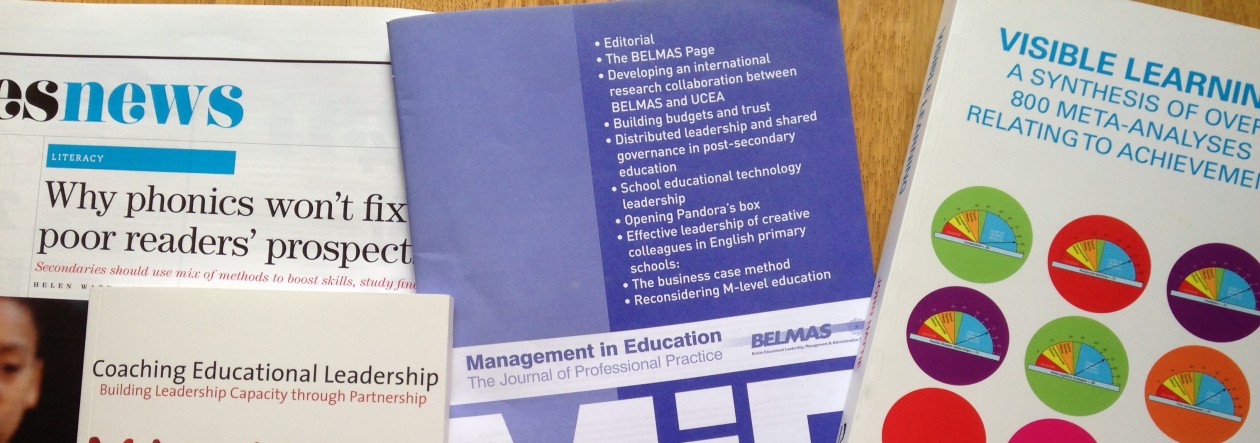The policy group CentreForum has recommended that pupils’ progress should be the main measure used by the government to judge how England’s primary schools are performing. They have published work for Secondary schools previously.
The report has interesting links with proposals by the Coalition Government.
Plans announced in 2014 state that from 2016, primary schools in England will have two new league tables to replace the current one.
At the moment, floor targets require 65% of pupils in every primary school to achieve level 4 in the KS2 SATs. However it is expected that this will be raised to 85%.
Schools that fail to meet this much higher standard will be judged by a measure tracking children’s progress over time.
A baseline assessment of children will be made in the first half term of their year in Reception. When they get to 11, a measure of how much progress they have made will compared against those with similar baseline scores.
This reflects the content of Progress Matters in Primary too: Holding schools to account consistently.
There are some very interesting assertions. The report suggests that by only concentrating on the narrow band of ‘borderline’ attainers, those at either end suffer. This is how I read it:
- The most able are not stretched because they will get the required level without much more input
- Some of the least able will be deemed as not worth spending any more time on because they are unlikely to ‘pass’ anyway
In this report you will also find an idea of what post – 2015 SAT scoring will look like:
“New end-of-Key-Stage assessments to come into effect from the 2015/16 academic year, removing the current system of ‘levels’ to describe bands/ grades of performance. In their place, a ‘scaled score’ will be reported, with 100 signifying the expected standard and higher and lower scores denoting over- and under-performance against that standard, respectively.” (p9)
